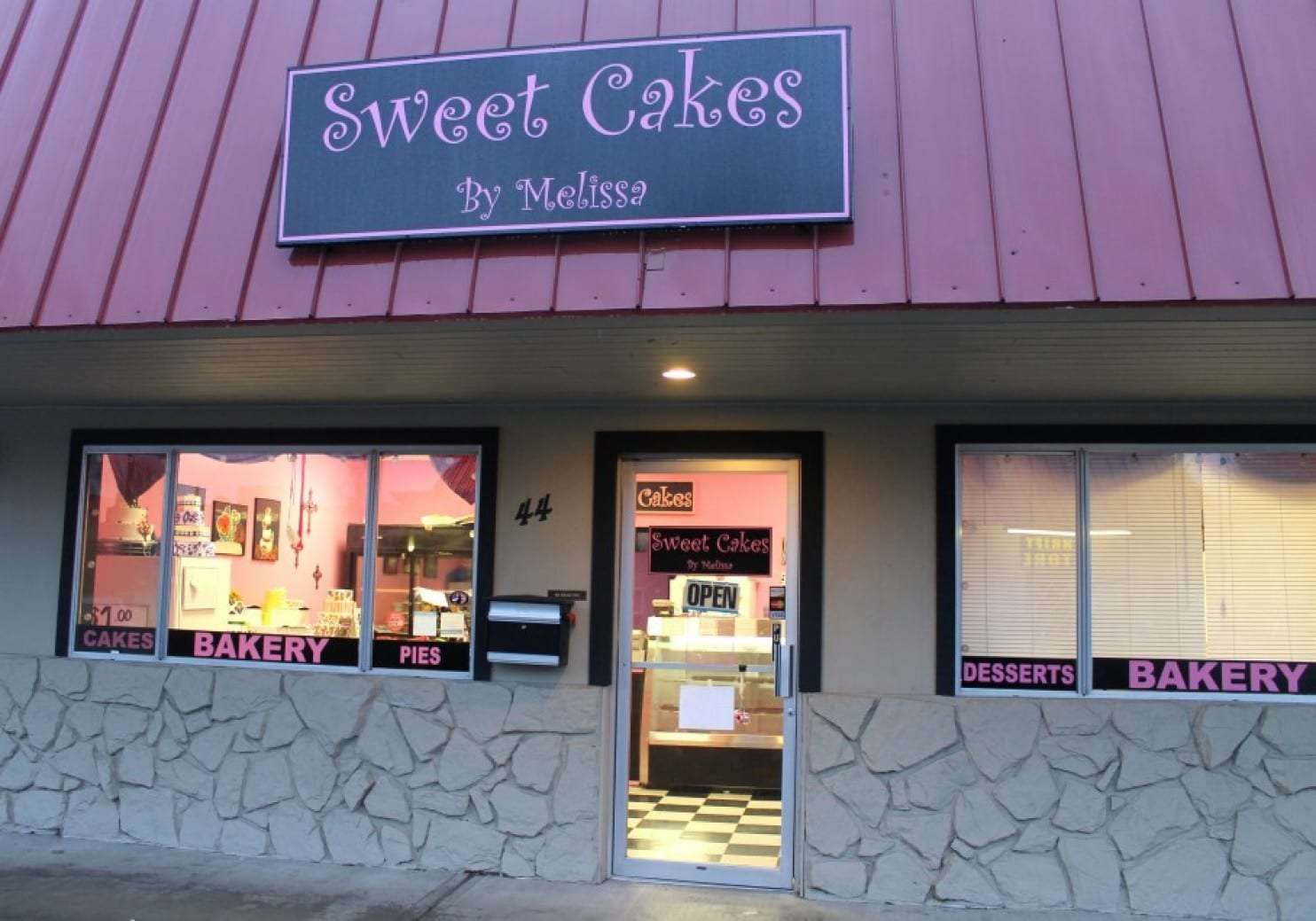The Volokh Conspiracy
Mostly law professors | Sometimes contrarian | Often libertarian | Always independent
No, the Oregon bakers weren't fined for publishing the complainant's home address, or for otherwise publicizing the complaint against them

Raw Story writes [UPDATE: the initial Raw Story post has been promptly corrected on this]:
The ruling shows the Kleins "brought the case to the media's attention and kept it there by repeatedly appearing in public to make statements deriding" the couple who filed the complaint….
"It was foreseeable that this attention would negatively impact (the Bowman-Cryers), making (the Kleins) liable for any resultant emotional suffering experienced by (them)," the agency found.
Not only that, as the blog explains, the bakery owners shared the couple's personal contact information - which led to death threats that nearly caused them to lose custody of their foster children.
Laurel Bowman-Cryer … filed her complaint by smartphone, which prevented her from seeing a disclaimer notifying her that her full name and address would be sent to the bakery owners - and Aaron Klein shared that information, along with the complaint, on his personal Facebook page….
The bureau found the Kleins liable for the threats made by others against the couple and awarded them to pay "$60,000 in damages to Laurel Bowman-Cryer and $75,000 in damages to Rachel Bowman-Cryer for emotional suffering."
I don't think that's right. It's true that the agency sought to hold the bakery owners liable for publicizing the complaint against them. But the Commissioner expressly rejected this theory of liability (emphasis added):
In its closing argument, the Agency asked the forum to award Complainants $75,000 each in emotional suffering damages stemming directly from the denial of service, In addition, the Agency asked the forum to award damages to Complainants for emotional suffering they experienced as a result of the media and social media attention generated by the case from January 29, 2013, the date AK posted LBC's DOJ complaint on his Facebook page, up to the date of hearing. The Agency's theory of liability is that since Respondents brought the case to the media's attention and kept it there by repeatedly appearing in public to make statements deriding Complainants, it was foreseeable that this attention would negatively impact Complainants, making Respondents liable for any resultant emotional suffering experienced by Complainants. The Agency also argues that Respondents are liable for negative third party social media directed at Complainants because it was a foreseeable consequence of the media attention.
The Commissioner concludes that complainants' emotional harm related to the denial of service continued throughout the period of media attention and that the facts related solely to emotional harm resulting from media attention do not adequately support an award of damages. No further analysis regarding the media attention as a causative factor is, therefore, necessary.
Now I think the Agency's theory, presented in its capacity as essentially as the civil case equivalent of a prosecutor, is outrageous: People have a First Amendment right to publicize the complaints against them, including the names of the complainants, notwithstanding the possible bad publicity for the complainants (just as complainants have to be free to publicize the names of the people they are complaining about). And while it's possible that rules requiring the redaction of the complainants' home addresses might be constitutional (but see p. 1115 of this article), I know of no such requirement under Oregon law.
But, in any event, the Commissioner didn't buy the Agency's theory, unless there's something about the decision that I'm missing.
Thanks to Ron Milbauer for the pointer. For more thoughts on the Oregon matter, see this post ("Why may the government ban businesses from saying 'we won't bake cakes for same-sex weddings'?") and this one.


Show Comments (0)